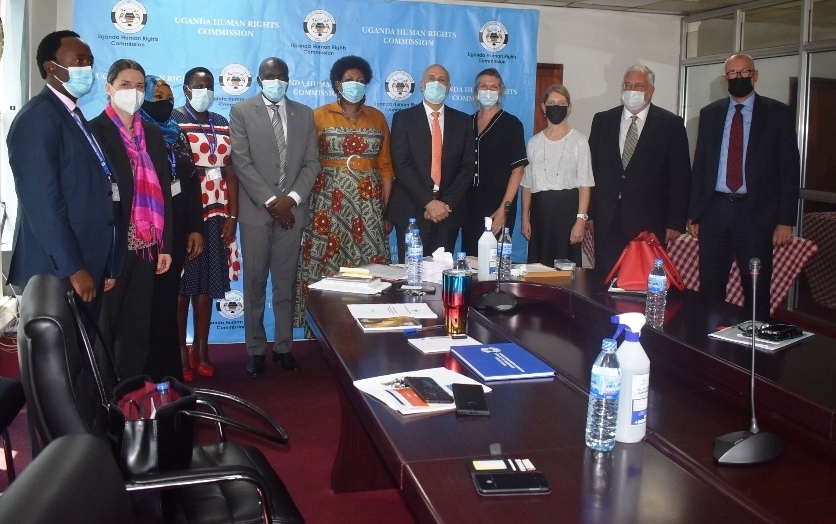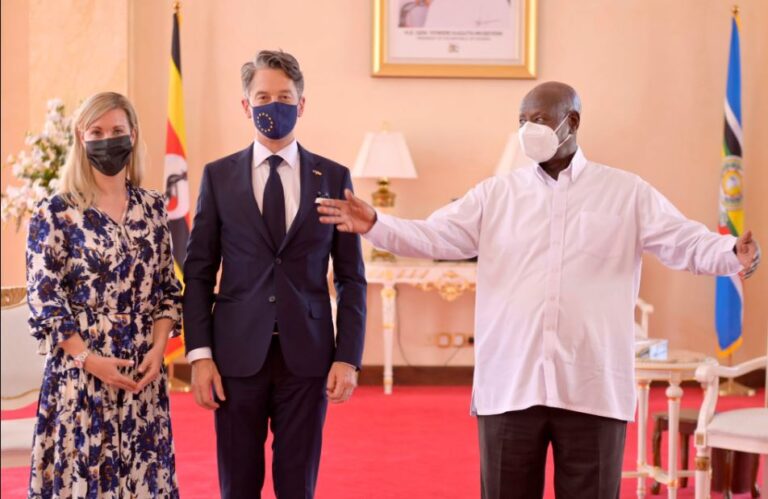A recent Bloomberg report dated February 10th has revealed that the European Union is set to review its multibillion euro foreign aid program, aiming to align the allocation of funds more closely with its evolving strategic and geopolitical interests.
This reassessment comes at a time when many African nations, including Uganda, rely heavily on EU aid to support vital sectors such as healthcare, education, and economic development.
Changing Global Landscape
In recent years, shifts in U.S. foreign aid policies, particularly during the Trump Administration which criticized aspects of USAID’s operations, have sparked debates about the effectiveness and management of international aid. While USAID remains operational and continues to support numerous development programs, these policy discussions have contributed to a broader rethinking of aid strategies worldwide.
Amid these debates, the European Commission has acknowledged the increasing pressure on its budget, which currently accounts for about 1% of the bloc’s GDP. With rising defense spending driven by challenges such as the conflict in Ukraine and evolving transatlantic policy differences, the EU is looking to update its approach as it plans for its next seven-year budget cycle (2028 to 2034).

Strategic Realignment vs. Human Impact
According to the Bloomberg report, the EU’s review intends to “target” aid for partners that align with its strategic interests, including strengthening alliances, securing access to raw materials, and managing migration flows.
While these objectives reflect legitimate concerns in an increasingly complex international environment, critics warn that a more narrowly focused aid framework could inadvertently sideline millions of people who depend on these funds for essential services.
Across Africa, the EU currently contributes approximately EUR 20 billion in aid each year.
This support is crucial for building resilient health systems, improving educational outcomes, and driving economic development. A reduction or restructuring of this aid might not only exacerbate poverty and inequality but could also trigger social unrest and undermine long-term stability.
Local Perspectives and the Way Forward
For communities in Uganda and other African nations, the potential recalibration of EU aid is more than just a policy shift. It represents a real risk to the continuity of programs that many have come to depend on. Local stakeholders, including government officials, non-governmental organizations, and community leaders, emphasize the need for any budgetary revisions to take into account the human impact of reduced funding.
Moving forward, it will be critical for EU policymakers to strike a balance between pursuing strategic interests and maintaining robust support for development initiatives.
Exploring alternative funding models or regional partnerships might provide pathways to safeguard the humanitarian gains achieved over decades while also addressing broader security and economic concerns.

As the EU prepares to unveil its new budget framework therefore, a transparent dialogue that includes both strategic considerations and the voices of those on the ground will be essential. By ensuring that aid remains both targeted and effective, the EU can continue to support Africa’s development and contribute to long-term regional and global stability.





